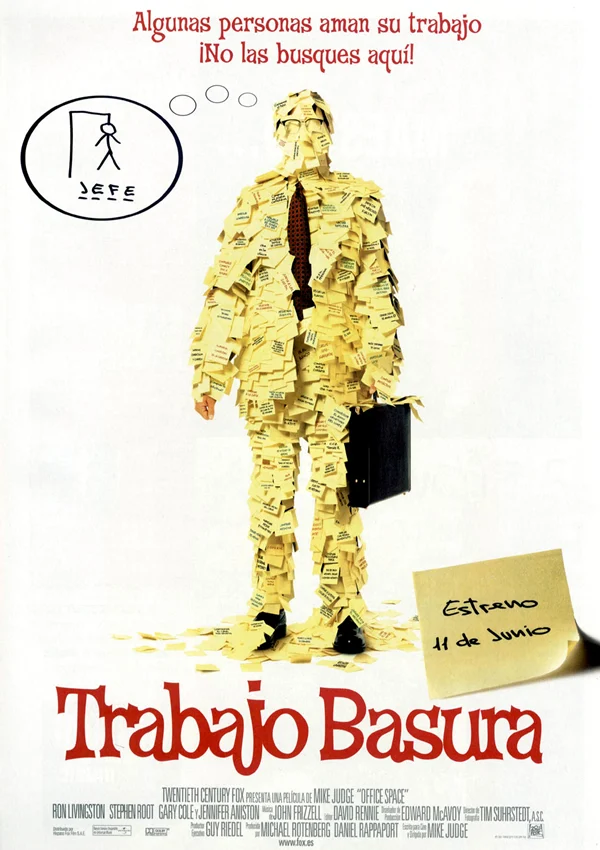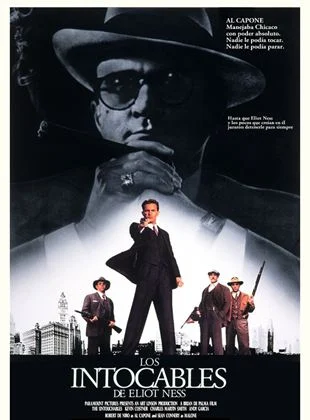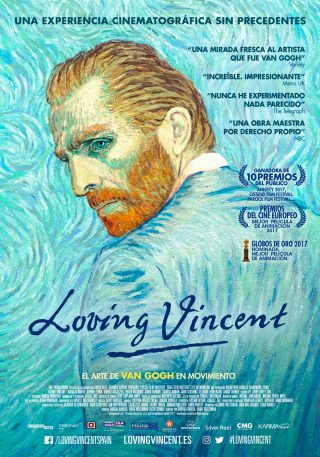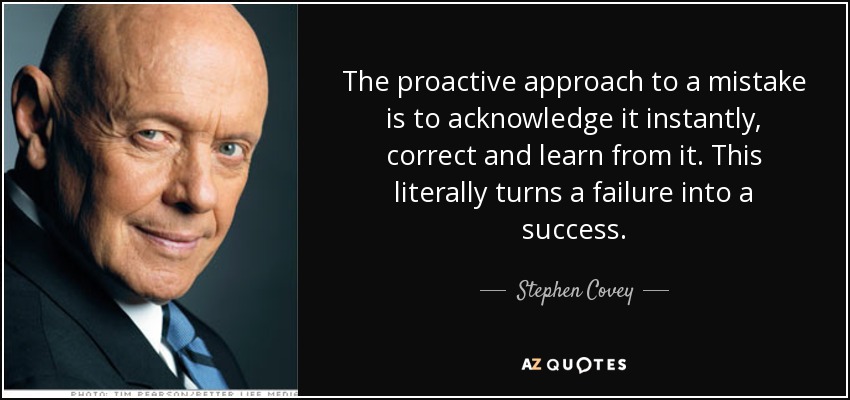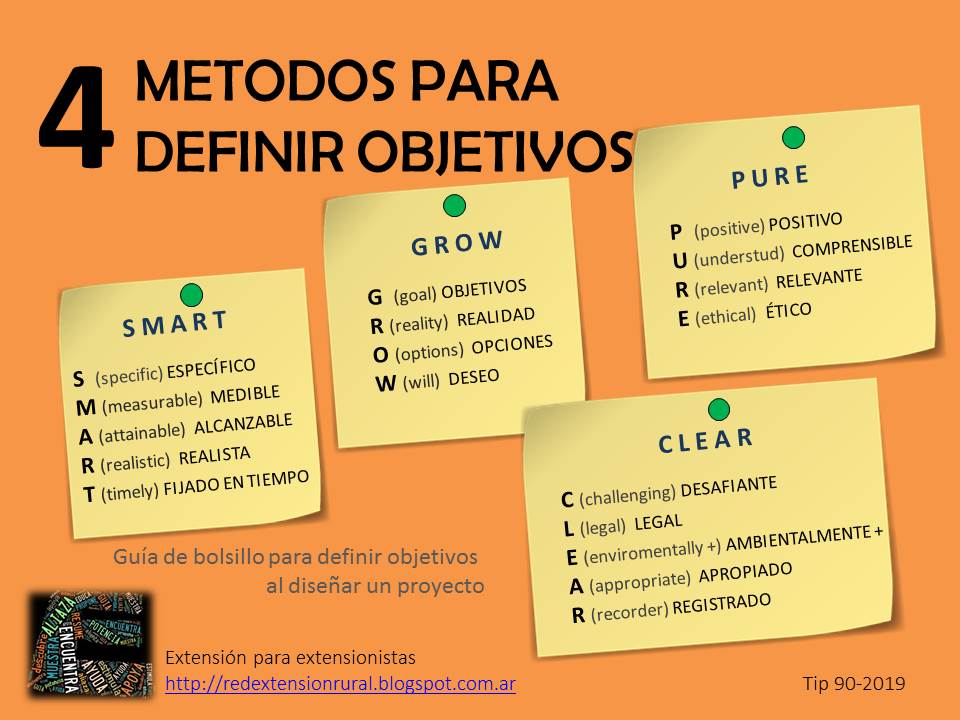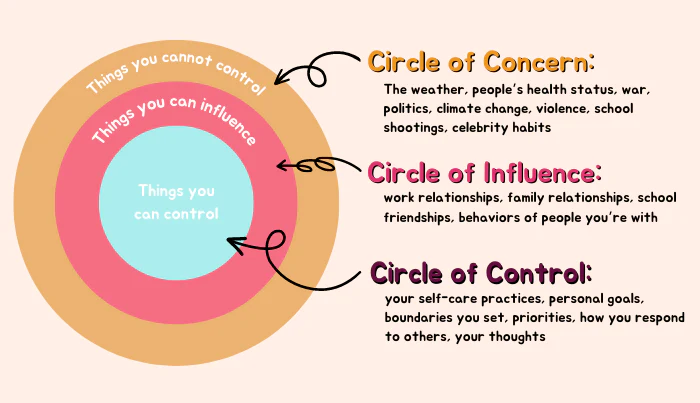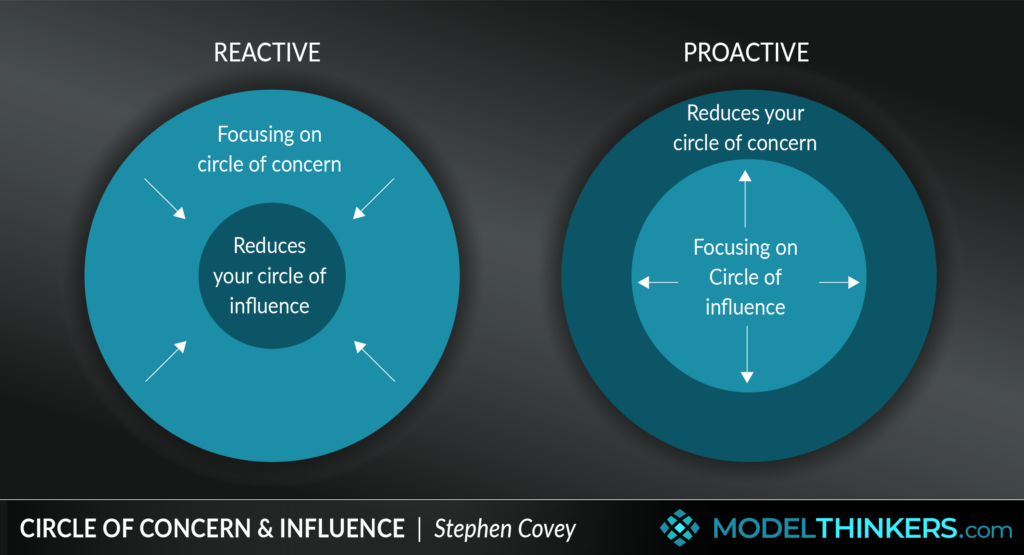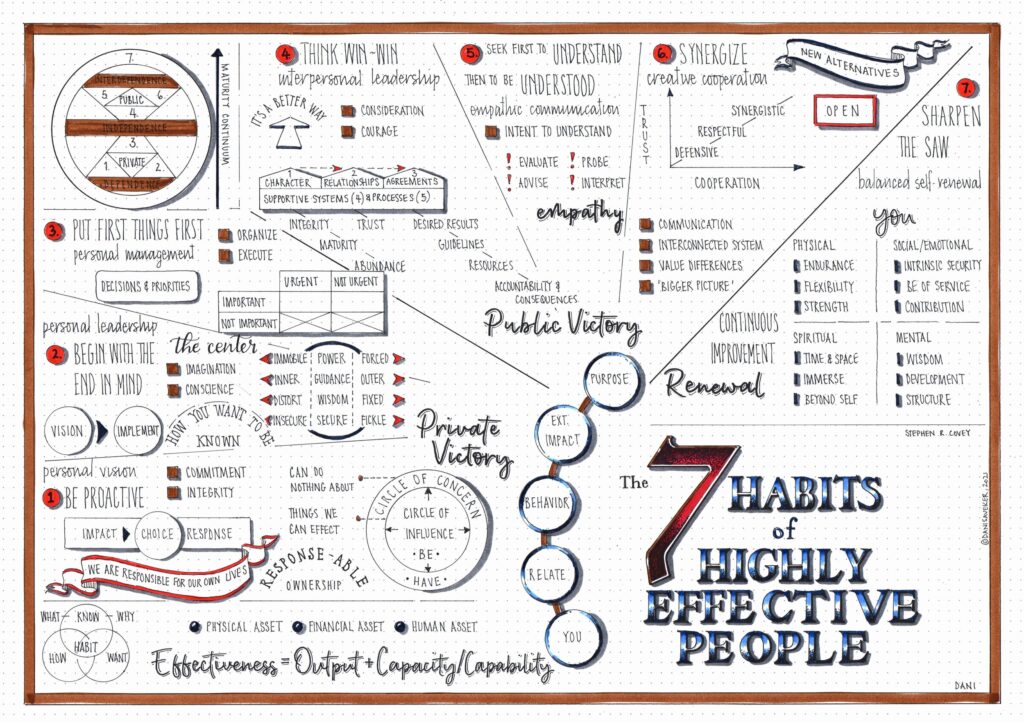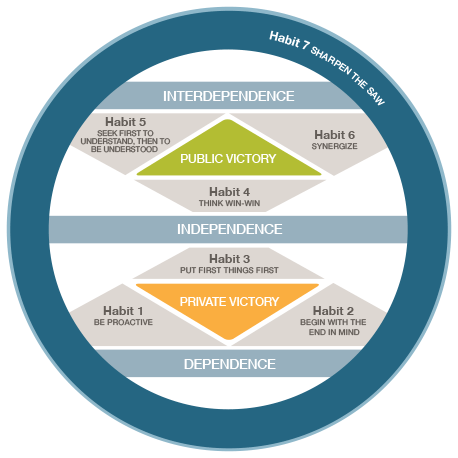SPANISH VERSION. English version, below.
Buenos días, spanish time.
Llevo mucho tiempo intentando escribir esta despedida, después de terminar la formación en Moraira, Alicante, España.
Como mi inglés puede ser aceptable para una conversación de bar pero no más allá, le he pedido ayuda a nuestro colega anglo-italiano-etc Charles Goodger para la traducción al inglés.
Espero que se comprenda la idea general. Si hay algún matiz que no se ve bien o no estás de acuerdo, por favor, quédate con la reflexión global.
Recuerda mi alergia al debate como herramienta para conseguir diálogo y comprensión y sobre todo para aprovechar el tiempo.
PUNTO 1 DE 3. PUNTO DE PARTIDA. ¿POR QUÉ PROMOVÍ TRAINING TEAMS?
El objetivo de la formación Training Teams de Moraira era aportar herramientas a las Juntas Directivas de Servas para ser más productivas y amables.
Es decir, desactivar en lo posible las «trituradoras de carne» y no quemar a las personas que se ofrecen a trabajar voluntariamente para Servas, debido al ingente trabajo burocrático nacional (entrevistas, cuotas económicas, altas y bajas en SOL, etc), motivado en mi opinión, en su mayor parte, por la falta de coordinación o integración informática con la base de datos internacional, que los países han de resolver nacionalmente de forma manual.
PUNTO 2 DE 3. PETICIÓN DE DISCULPAS
Además de una despedida, este correo es sobre todo una petición de disculpas públicas a todas las personas participantes por los errores de planteamiento en la formación, vistas allí directamente y en un análisis posterior.
- Al pretender llegar al máximo de países y juntas directivas posibles, aumentamos demasiado el número de personas participantes.
- Buscar la viabilidad económica (ingresos-gastos) también llevó a admitir personas sin un nivel de inglés suficiente o que quizá no estaban abiertamente interesadas en la formación grupal sino en el turismo.
- Las dos situaciones anteriores llevaron a crear un grupo demasiado grande, haciendo justo lo contrario de lo que propusimos toda la semana: cualquier grupo superior a cuatro personas comienza a generar o evidenciar de forma visible dinámicas de egos, personas con diferentes objetivos de corto-medio plazo e incluso sin objetivos, necesidades de reconocimiento social, personas con personalidad conflictiva, etc.
Todo lo anterior no es específico de Servas, sino un tópico en gestión de grupos.
He caído por tanto en una trampa de sobra conocida.
Por todo lo anterior por tanto os pido disculpas de corazón.
Buscando el objetivo de medio plazo, mejorar las Juntas Directivas nacionales, perjudiqué el objetivo de corto plazo (la creación de un grupo viable, práctico y amable).
PUNTO 3 DE 3. CONTENIDO DE LA FORMACIÓN
Por diversos motivos personales y de la asociación, me ha costado mucho tiempo y esfuerzo volcar el contenido a la web.
Si hay sólo una persona a la que le es útil y le sirve para aliviar su tensión o comprender al menos de dónde procede, doy por bien invertido mi esfuerzo.
He ubicado el contenido que vimos en Moraira, más o menos desglosado, en una web personal, distinta de la original, con diversos contenidos, a veces en inglés, a veces en castellano, dependiendo de otros destinatarios. Doy por hecho que los navegadores web pueden traducirla.
Espero que os sea útil en vuestro trabajo.
https://www.manualdeinstrucciones.es/category/inteligencia-colectiva/
DESPEDIDA
La idea Servas es un estupendo y gran generador de contactos individuales y de reflexiones uno a uno, todo ello de muy alta calidad.
He hecho lo que he sabido o podido para que permanezca en el tiempo.
Siento que no es suficiente o al menos es nada o poco estructural.
Espero que aparezcan personas más sabias y prudentes que yo para llevar esta idea a un puerto viable, en un mundo que exige soluciones rápidas (por no decir instantáneas) y de alta calidad.
Sólo hago tres sugerencias antes de desaparecer a nivel de organización y quedarme como un miembro de base.
- El grupo grande de WhatsApp es todo lo contrario del contenido propuesto en Moraira. Sugiero la desaparición del grupo de WhatsApp creado para esta actividad, o al menos eliminar de su nombre cualquier referencia a la formación que yo promoví (Meeting Spain).
Prefiero no hacer ninguna valoración sobre la evolución de estos grupos y de cómo se construye la paz. Yo desde luego abandonaré ese grupo en breve.
- Los videos en You Tube del fundador de Servas, Bob Luitweiler, expresan ya hace años el origen, la finalidad y los problemas básicos que atraviesa esta asociación, agravados por la irrupción de internet.
No es necesario que yo los manifieste a EXCO, ya lo hizo él.
- Aún así, quiero dejar constancia de mi conclusión después de la experiencia de 10-12 años trabajando con la Junta Directiva de Servas España o directamente en ella.
La existencia de dos áreas separadas de información y gestión, Internacional y Nacional, hace que esta doble estructura de la asociación necesite de conexión manual e individualizada entre esas dos áreas, necesitando personas voluntarias con cierto nivel de competencia técnica para realizar esas conexiones.
Posibles hojas de ruta para el futuro:
- Integración de esas dos áreas, Internacional y Nacional, en una sola, que pueda derivar en un nivel de automatización y autoservicio que permita rapidez, calidad y fiabilidad en los datos y en las relaciones entre las personas.
Más que una web, significa una App o al menos una AppWeb.
Con sus dificultades, costes y tiempos, nadie dice que sea fácil, pero desde luego es posible.
Esto permitiría solucionar las tareas administrativas y burocráticas y hacer que la asociación internacional y las nacionales dediquen recursos y se concentren en los temas que nos interesan (o pueden interesarnos): activistas por la paz, compartir experiencias sobre cómo hacemos en cada país para potenciar la paz, cómo crear paz a pequeño, medio y gran nivel social, huella ecológica de los viajes, diálogo, primer mundo y resto, el efecto de nuestra vida ordinaria en la paz del resto del mundo, etc, etc.
- Mantener la situación actual, con el consiguiente burn-out continuado de las personas que pasan por las Juntas Directivas, debido a la doble estructura de la asociación, y sobre todo se implican y quieren mejorar la situación y no simplemente continuarla o estar un tiempo y luego salir.
Esta hoja de ruta continúa con el consiguiente poco nivel de calidad en la relación con los socios y socias (sobre todo en actividades grupales), trámites farragosos, imposibilidad de convertir en App, muy difícil de conseguir que nuevos socios entren en la asociación por la imposibilidad de crear procesos limpios, rápidos o incluso inexistentes.
Esta situación conduce a la irrelevancia social de la asociación (que creo que ya existe) e incluso a la desaparición como asociación.
Irrelevancia porque nos definimos como una organización de activistas pacifistas, pero más bien parece una organización de viajeros pacíficos (o que necesitan la paz para sus viajes de clase media acomodada).
Esto último no lo digo yo; lo decía el fundador ya hace más de una década, poco antes de morir.
Su conclusión es la mía. No pasa nada; si no es Servas, ya surgirá otra cosa.
Por favor, sólo recuerda mi propuesta: la herramienta debate no es la herramienta adecuada. Sólo con dar un vistazo al mundo puedes ver que el resultado no termina de ser satisfactorio.
Volveremos a hablar, pero de uno en uno o en grupos de menos de 5 personas ;-D
No puedo desear salud y paz sin desear o trabajar por la justicia económica.
Estoy seguro que comprendes lo que esta frase quiere decir para nuestro estilo de vida y de asociación.
Espero que estás reflexiones, que pueden ser parciales e incluso estar equivocadas en parte e incluso en todo, sirvan para mejorar el funcionamiento de nuestra asociación y de la sociedad.
Saludos
Jesús Vinuesa – Servas España
Promotor de Training Teams in a friendly and productive ways
Septiembre 2023 – Moraira – Alicante
ENGLISH VERSION
Thanks, Charles Goodger, for helping me and not use Google Translator ;-D
If you find a misspelled word, it is something left over from Google Translator.
It is a pleasure to read «a proper english».
I hope you understand the general idea.
If there is any nuance that does not look good or you do not agree with, please keep the overall reflection.
Remember my allergy to debate as a tool to achieve dialogue and understanding and above all to make the most of time.
Hello Everyone!
Some time has passed since the training course in Moraira, Alicante, Spain last
summer. I apologise for the delay in getting back to you.
POINT 1 of 3 STARTING POINT.
WHY I PROMOTED THIS TRAINING TEAMS COURSE
The aim of the Training Teams Course in Moraira was to provide tools for Servas Boards of Directors to be more productive and friendlier.
In other words, to prevent burn out among those who volunteer for Servas.
Here I mean the people who take on the huge national bureaucratic work (interviews, financial fees, registration and deregistration in SOL, etc).
Estructural burn out is mostly caused, in my opinion, by the lack of coordination or computer integration with the international database as countries have to solve this problem, local and manually.
POINT 2 OF 3 MY PUBLIC APOLOGY
In addition to a farewell, this email is primarily a public apology to all participants for the errors in the training approach, both those seen directly and in subsequent analysis.
• In our attempt to reach as many countries and boards of directors as possible, we ended up with an excessive number of participants.
• A search for economic viability (income-expenditure) led to the admission of people without a sufficient level of English or who may not have been overtly interested in group training but rather in tourism.
• The two previous situations resulted in a group that was too big and an opposite outcome to what we were talking about all week: any group larger than four people starts to generate and
highlight dynamics based on egos, people with different short-medium term objectives and even without clear objectives, the need for social recognition, people with conflicting personalities, etc.
All of the above is not specific to Servas, but it has become a cliché in group management.
I have therefore fallen into a well-known trap.
And take this opportunity to make a sincere, heartfelt apology.
In pursuing the medium term goal of improving the national Boards, I undermined the short term goal of setting up a viable, practical and friendly group.
POINT 3 OF 3. TRAINING CONTENT
For a several number of personal and professional reasons, it has taken me much time and effort to put up the content on the website.
If there is only one person to whom it is useful and helps to relieve their tension or at least to understand where it comes from, I consider my efforts well invested.
I have placed the content we looked at in Moraira in a summarised form on a personal
website, sometimes in English, sometimes in Spanish.
I assume that web browsers can translate it. I hope it will be useful in your work.
https://www.manualdeinstrucciones.es/category/inteligencia-colectiva/
MY FINAL FAREWELL
Servas is a wonderful and huge generator of individual contacts and one-to-one reflections, in a very high quality level.
I don´t know another place like this to find individual contacts as good as here.
I have done what I knew or could to make it last. I feel it is not enough.
I hope that wiser and more prudent people than me will come along to bring this idea to fruition, in a world that demands almost instant and high quality solutions.
Just three more suggestions before I disappear on an organisational level and remain a grassroots member.
1. The large WhatsApp group is the complete opposite of the content proposed in Moraira.
I suggest the removal of the WhatsApp group created for this activity, or at least removing any reference to the training I promoted (Meeting Spain) from its name.
I prefer not to make any assessment of the evolution of these groups and how peace is being built. I will certainly leave that group shortly.
2. The YouTube videos of the founder of Servas, Bob Luitweiler, have been expressing for years the origin, purpose, and basic problems that this association faces, exacerbated by the advent of the internet.
There is no need for me to express them to EXCO; he has already done so.
3. Nevertheless, I want to state my conclusion after 10-12 years of working with the Board of Directors of Servas Spain or directly in it.
The existence of two separate areas of information and management, International and National, requires manual and individualized connection between these two areas, necessitating volunteers with a certain level of technical competence to make these connections. Final situation of this is constant burn-out.
Possible roadmaps of Servas Association:
- Integration of these two areas, International and National, into a single one that can lead to a level of automation and self-service allowing for speed, quality, and reliability in data and relationships between people.
More than just a website, this means an app or at least a web app.
With its difficulties, costs, and time, nobody says it’s easy.
This would allow for the resolution of administrative and bureaucratic tasks, enabling the international and national associations to allocate resources and focus on topics of interest (or potential interest): peace activists, sharing experiences on how each country promotes peace, creating peace on small, medium, and large social levels, ecological footprint of travels, dialogue, first world and the rest, the impact of our everyday lives on the peace of the rest of the world, etc., etc.
- Maintaining the current situation, with the consequent structural burnout of the people who go through the Boards of Directors, especially if they want to improve the situation rather than simply continue it or stay for a while and then leave.
This roadmap continues with the resulting low level of quality in the relationship with members (especially in group activities), cumbersome procedures, impossibility of becoming an app, very difficult to get new members into the association due to the impossibility of creating clean, fast, or even non-existent processes.
This situation leads to irrelevance (which I believe already exists) and even to the disappearance as an association.
Irrelevance because we define ourselves as an organization of peace activists, but it seems more like an organization of peaceful travellers (or those who need peace for their middle-class comfortable travels).
I’m not original saying this; the founder said it more than a decade ago, shortly before he died.
His conclusion is mine. It’s okay; if it’s not Servas, something else will come along.
I hope these reflections, which may be partial and even partially or entirely mistaken, serve to improve the functioning of our association and society.
Please, only remember: tool debate is not the appropiate tool. You can see world’s situation.
I cannot wish for health and peace without wishing for economic justice.
I am sure you understand what this phrase means for our lifestyle and association.
We will talk next time, but one on one or in a group of less than 5 people. ;-D
Best wishes
Jesús Vinuesa – Servas España
Promoter of Training Teams in a friendly and productive ways
September 2023 – Moraira – Alicante – Spain

